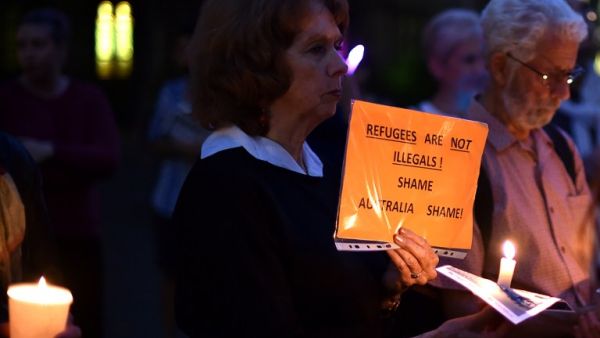A Somali refugee has set herself on fire at an Australian-run detention camp, just days after an Iranian man died as a result of self-immolation to protest treatment in the camp, Al Jazeera reported.
Officials said the 19-year-old woman was in critical condition and being treated for her injuries.
Australian immigration minister Peter Dutton acknowledged Tuesday that there had been an uptick in cases of self-harm in the detention camps, but accused refugee advocates of giving asylum-seekers false hope that their actions would help them be resettled in Australia.
Refugee advocates were "encouraging some of these people to behave in a certain way," Dutton said.
However, the UN High Commissioner for Refugees in Australia blamed the country's tough offshore detention policies, saying, "these people have already been through a great deal. Many have fled war and persecution, some have already suffered trauma."
"The consensus among medical experts is that conditions of detention and offshore processing do immense damage to physical and mental health," the UNHCR office said in a statement.
Asylum seekers attempting to reach Australia by boat - from the Middle East, Afghanistan and South Asia - are intercepted and sent to a detention camp on the Pacific island of Nauru, about 1,800 miles northeast of Australia, where they await processing.
The harsh living conditions, violence, and systemic child abuse at the camps have drawn criticism of Australia's immigration policy. The government, however, defends the approach, saying it has stopped many more from making the dangerous boat journey.







